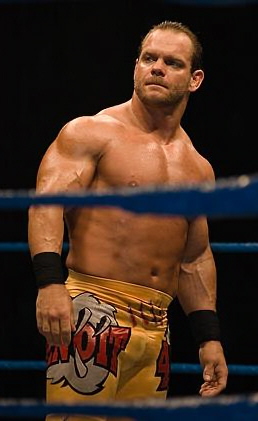The Complex Legacy of Chris Benoit

Introduction
The story of Chris Benoit, a former professional wrestler, remains one of the most controversial narratives in wrestling history. Benoit was known for his intense style and incredible technical skills, earning him widespread acclaim in promotions like WWE and WCW. However, his legacy is irrevocably tainted by the tragic events surrounding his death and that of his family in 2007. Understanding Benoit’s impact on wrestling and society through this lens is essential, as it raises important questions about mental health, the pressures of professional sports, and the consequences of actions within the public eye.
Chris Benoit’s Rise in Wrestling
Born on May 21, 1967, Chris Benoit began his wrestling career in the late 1980s. Over the years, he built a reputation for his dedication to the craft, earning accolades such as the prestigious World Heavyweight Championship and becoming a fan favourite for his perseverance and work ethic in the ring. His feuds with other wrestling giants contributed significantly to the entertainment value of the sport, drawing in audiences worldwide. Benoit was, at one point, considered one of the best in the business, and his tenure in major wrestling promotions signalled his significant contributions to the industry.
The Tragic Events of June 2007
On June 24, 2007, Chris Benoit was found dead in his home alongside his wife Nancy and their seven-year-old son Daniel. The incident shook the wrestling community and the world at large, leading to numerous investigations and widespread media coverage. Initially ruled a murder-suicide, it was later revealed that Benoit had suffered from severe brain damage, which some experts linked to chronic traumatic encephalopathy (CTE), a condition often associated with professional athletes who have experienced repeated head injuries.
Legacy and Reflection
In the years since his death, Benoit’s legacy has sparked intense debate. Many wrestling fans and organisations have worked to separate the performer from the tragic events, focusing on his athletic achievements while others view him solely through the lens of his final actions. The WWE has since refrained from acknowledging Benoit in their programming, and wide discussions have emerged around the responsibilities of promoting athletes’ mental health and well-being.
Conclusion
Chris Benoit’s story serves as an enduring reminder of the complex interplay between fame, pressure, and mental health in professional wrestling. As awareness of brain injuries in sports increases, the conversation surrounding Benoit’s legacy continues to evolve. For fans, aspiring wrestlers, and stakeholders within the industry, reflecting on Benoit’s life encourages a deeper understanding of the risks involved in professional sports and reinforces the need for supportive structures to protect athletes both during and after their careers.









